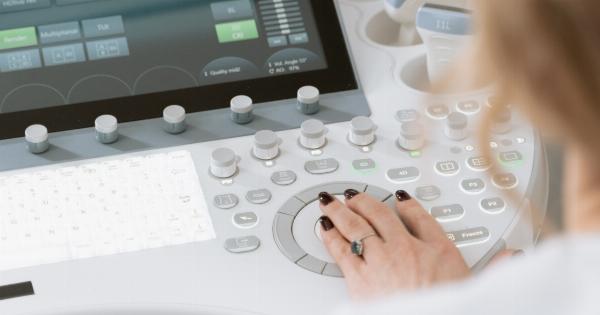Prostate hyperplasia, also known as benign prostatic hyperplasia (BPH), is a non-cancerous condition that affects men as they age. It is characterized by an enlargement of the prostate gland which can cause a range of urinary symptoms.
What Causes Prostate Hyperplasia?
The exact cause of prostate hyperplasia is not fully understood, however, it is believed to be related to changes in hormone levels as men age. Specifically, as men get older, the levels of the hormone dihydrotestosterone (DHT) increases.
This increase in DHT is thought to contribute to the growth of the prostate gland.
Other factors that may contribute to the development of prostate hyperplasia include:.
- Familial history
- Elevated levels of estrogen
- Nerve damage in the bladder
- Obesity
What are the Symptoms of Prostate Hyperplasia?
The symptoms of prostate hyperplasia can vary from person to person and may include:.
- Frequent urination
- Urgency to urinate
- Hesitancy when starting urination
- Weaker urine flow
- The sensation of incomplete bladder emptying
- Pain or discomfort during urination
In some cases, prostate hyperplasia can also lead to the development of more serious complications such as urinary tract infections or bladder stones.
How is Prostate Hyperplasia Diagnosed?
To diagnose prostate hyperplasia, a healthcare provider will typically perform a physical exam and take a medical history. This may include a digital rectal exam (DRE) to check the size and shape of the prostate gland.
In addition to a physical exam, a healthcare provider may also order further tests such as:.
- A urine flow study to measure the rate of urine flow
- A prostate-specific antigen (PSA) blood test to rule out prostate cancer
- A cystoscopy to examine the inside of the bladder
- A transrectal ultrasound to check the size and shape of the prostate gland
What are the Treatment Options for Prostate Hyperplasia?
Treatment for prostate hyperplasia depends on the severity of symptoms and may include:.
- Watchful waiting: In cases of mild symptoms, a healthcare provider may recommend regular monitoring without any specific treatment.
- Medications: Medications such as alpha-blockers or 5-alpha-reductase inhibitors may be prescribed to help relieve symptoms and reduce the size of the prostate gland.
- Minimally invasive procedures: Procedures such as transurethral resection of the prostate (TURP) or laser therapy may be used to remove or destroy excess prostate tissue.
- Surgery: In severe cases, surgery may be necessary to remove the prostate gland.
Can Prostate Hyperplasia be Prevented?
While there is no guaranteed way to prevent prostate hyperplasia, there are some lifestyle changes that may reduce the risk of developing the condition. These include:.
- Eating a healthy diet with plenty of fruits and vegetables
- Staying physically active
- Maintaining a healthy weight
- Avoiding excessive alcohol and caffeine consumption
When to See a Healthcare Provider
If you experience any symptoms of prostate hyperplasia, it is important to schedule an appointment with a healthcare provider for a proper diagnosis and treatment plan.
Additionally, if you experience any of the following symptoms, seek immediate medical attention:.





























